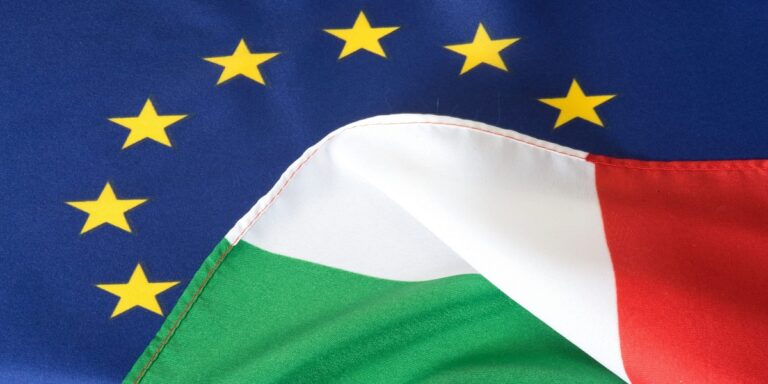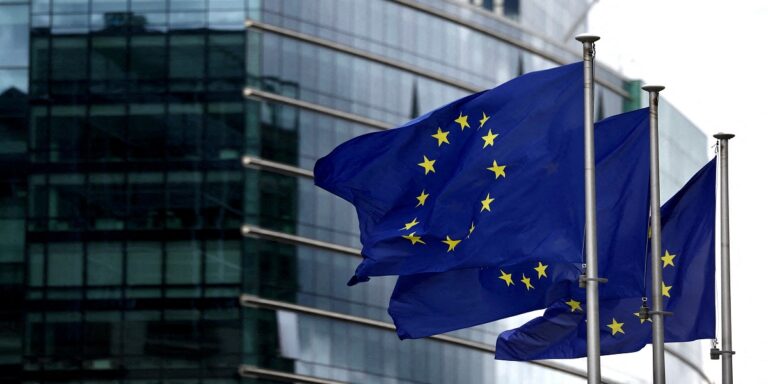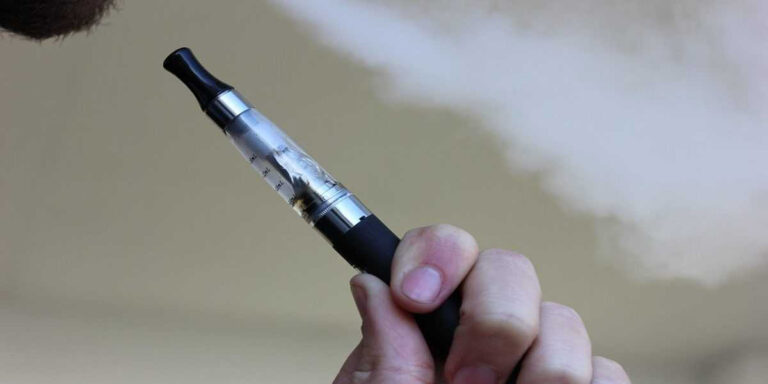The Pridnestrovian Moldavian Republic, a self-declared state between Moldova and Ukraine, has enacted new legislation to regulate nicotine-containing products, equating them with tobacco products.
Historical Context of the Pridnestrovian Moldavian Republic
Origins and Independence
The Pridnestrovian Moldavian Republic declared its independence in 1990, shortly after Moldova declared independence from the Soviet Union. Despite lacking widespread international recognition, the region has established its own government, parliament, and economic systems, operating independently in practice.
Current Political and Economic Status
Today, the Pridnestrovian Moldavian Republic functions with its own political and economic systems. It maintains a stable governance structure and has developed a unique identity separate from Moldova.
Overview of the New Legislation
Legislative Process
On July 10, the Supreme Soviet of the Pridnestrovian Moldavian Republic passed a series of bills aimed at regulating nicotine products more stringently.
Objectives of the New Laws
The primary objective of the new legislation is to curb the consumption of nicotine products, particularly among children and teenagers. By categorizing nicotine products alongside tobacco, the laws seek to mitigate the public health risks associated with nicotine consumption.
Key Amendments in Detail
Law on the Protection of Citizens’ Health
Name Change and Scope
The legislation has renamed the “Law on the Protection of Citizens’ Health” to the “Law on the Protection of Citizens’ Health from Environmental Tobacco Smoke, Tobacco Consumption, and/or Nicotine-Containing Product Consumption in the Pridnestrovian Moldavian Republic.” This change underscores the broadened scope to include nicotine products alongside traditional tobacco products.
Definitions of Nicotine Products
The new law introduces definitions for nicotine-containing products, including nicotine-free e-liquids. This encompasses a wide range of products, ensuring comprehensive regulation.
Information and Awareness Initiatives
The legislation mandates that citizens be informed about the harmful effects of both tobacco and nicotine consumption. Public awareness campaigns are an integral part of the strategy to reduce usage rates.
Regulation of Advertising and Promotion
Advertising Ban
The new laws ban all forms of advertising and promotion for tobacco and nicotine products. This includes electronic devices used for nicotine consumption and hookahs.
Restrictions on Promotion
Promotional activities for these products are also restricted. This move aims to reduce the appeal and visibility of nicotine products, particularly to younger audiences.
Sales and Display Restrictions
Age Restrictions
Sales of nicotine-containing products are now prohibited to individuals under the age of 18. This is a crucial step in preventing minors from accessing these products.
Display Prohibitions in Stores
Retailers are now required to keep nicotine products and their devices out of sight of potential buyers. This measure is intended to reduce impulse purchases and the visibility of these products to minors.
Penalties for Violations
Civil and Administrative Penalties
Violations of the new laws will incur civil and administrative penalties. These penalties are designed to enforce compliance and deter violations.
Increased Fines for Repeat Offenses
The amendments to the “Code of Administrative Offenses” introduce higher fines for repeat offenders. This aims to ensure that penalties are significant enough to discourage repeated violations.
Impact on Entrepreneurs
Restrictions on Simplified Tax System Operators
Entrepreneurs operating under a simplified tax system are now barred from producing or selling nicotine products. This restriction is intended to streamline regulatory enforcement and ensure compliance.
Effects on Small Businesses
These new regulations may impact small businesses that previously relied on the sale of nicotine products. The legislation aims to balance public health concerns with economic implications.
Comparative Analysis
Comparison with Moldovan Laws
The new regulations in the Pridnestrovian Moldavian Republic are more stringent compared to Moldovan laws. This reflects a proactive stance on public health.
International Standards and Practices
The legislation aligns with international best practices for tobacco and nicotine regulation. This includes measures seen in countries with advanced public health policies.
Public Health Implications
Protecting Children and Teenagers
The primary public health benefit of the new legislation is the protection of children and teenagers from nicotine addiction. By restricting access and visibility, the laws aim to reduce initiation rates among minors.
Broader Health Benefits
In addition to protecting youth, the regulations aim to reduce overall nicotine consumption, leading to broader public health benefits. This includes lower rates of nicotine addiction and related health issues.
Public and Business Reactions
Public Opinion
Public opinion on the new legislation is mixed. While many support the measures for their potential health benefits, some view the restrictions as overly stringent.
Feedback from Retailers and Entrepreneurs
Retailers and entrepreneurs have expressed concerns about the economic impact of the new laws. The restrictions on sales and display may affect their business operations.
Challenges and Criticisms
Enforcement Challenges
One of the main challenges will be the enforcement of the new regulations. Ensuring compliance across all retailers and public spaces will require significant effort.
Criticisms from Different Stakeholders
Critics argue that the laws may be too restrictive and could negatively impact the local economy. Balancing public health with economic considerations remains a key challenge.
FAQs
What are the main objectives of the new nicotine regulations?
The primary objectives are to reduce nicotine consumption, particularly among minors, and protect public health by categorizing nicotine products alongside tobacco products.
What products are affected by the new legislation?
The legislation covers all nicotine-containing products, including nicotine-free e-liquids, and devices used for their consumption.
How will the new laws impact retailers?
Retailers will face restrictions on displaying and selling nicotine products, particularly to minors. They will also be subject to penalties for non-compliance.
Are there any exceptions to the advertising ban?
No, the ban on advertising and promotion applies to all nicotine and tobacco products, as well as their consumption devices.
What penalties will violators face?
Violators will face civil and administrative penalties, including increased fines for repeat offenses.
How will the new laws be enforced?
Enforcement will involve monitoring and inspections by relevant authorities to ensure compliance across all retailers and public spaces.


















